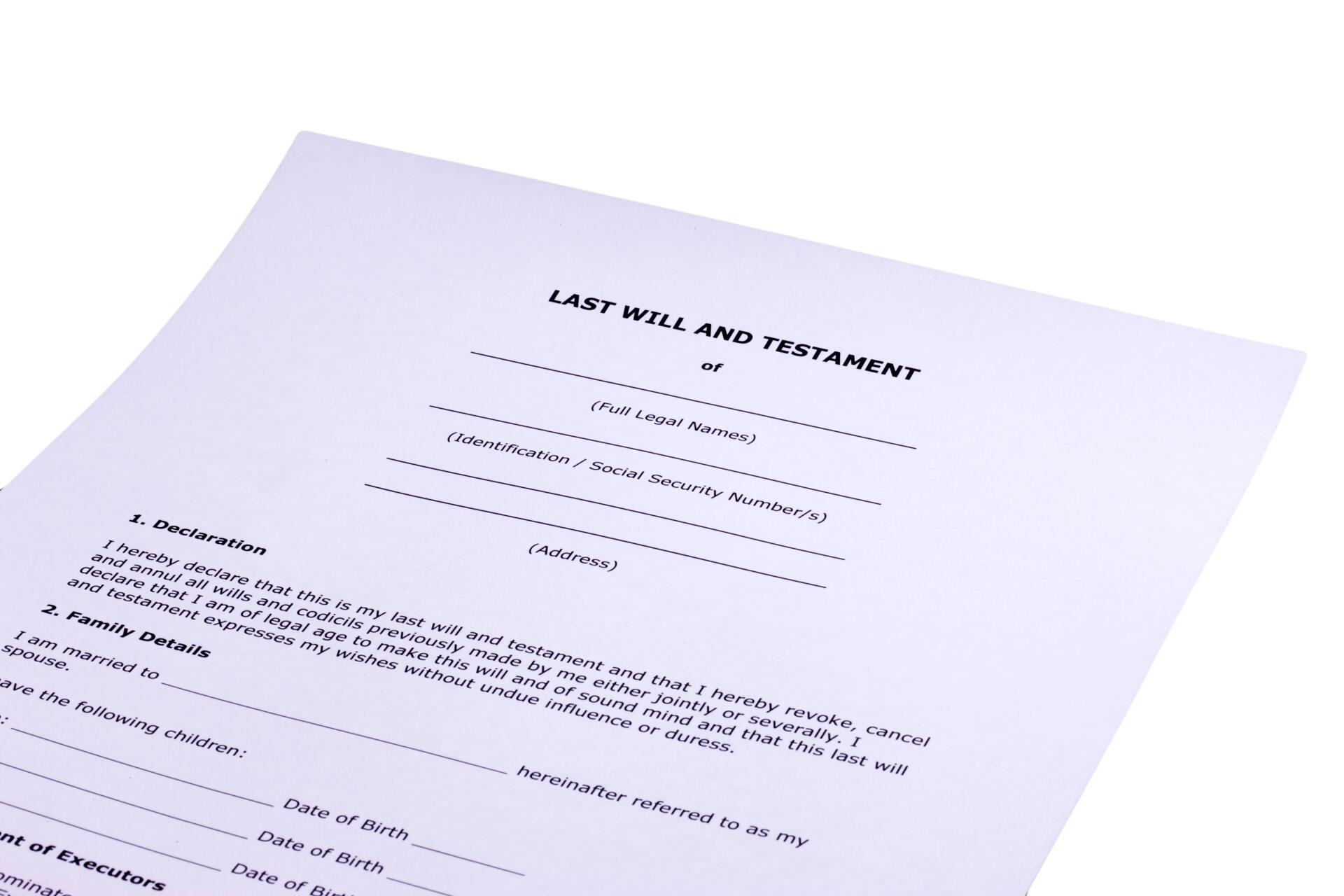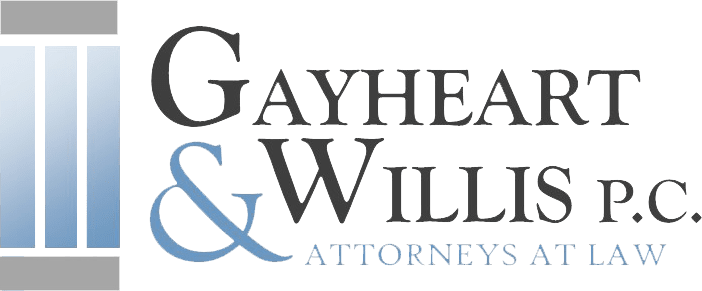Recognizing 4 Common Mistakes Made by Executors

Functioning as an executor for a loved one can be stressful. Most people won't need to deal with executing a decedent's wishes more than once or twice in their lives, so it's rare to gain much experience in this critical function. However, lack of experience also means that executors often make easily avoidable mistakes that can be costly or time-consuming
Whether acting as an executor or planning your own will, it's important to recognize and understand these potential errors. The more knowledge you have about the process, the more easily you can avoid these mistakes or help your executor avoid them in the future. This article will discuss four common mistakes executors make and how a good attorney can help you avoid them.
1. Assuming You Don't Need Probate
The small estate rule in Virginia law allows certain assets to pass to heirs without requiring a formal probate process. This simplified form of inheritance can help make the distribution process for relatively low-value assets easier, but there are requirements beyond the cash value of the estate. These additional requirements may be confusing or add some complications to the process.
Even if you believe the value of the decedent's estate qualifies for this simplified process, consult with an attorney before collecting assets or filing your affidavit. An attorney can help you confirm that you meet all requirements and are filing within the appropriate timeframe. A brief consultation can potentially save you from frustration and wasted time.
2. Suffering From Analysis Paralysis
If you're dealing with a complex will or a high-value estate, you may not know where to start, which laws apply to you, or even what your specific responsibilities and limitations are as an executor. Many begin by researching the probate process, but this can lead to analysis paralysis. In other words, you may wait too long to start the process because you feel like you need to gather more information first.
While Virginia doesn't specifically require you to probate the will within a particular timeframe, it's often better to start sooner rather than later. Beginning the process can help you avoid many common pitfalls and get a head start on any disputes. If you find yourself paralyzed into inaction, discussing your options with an attorney can help you determine how to get started in carrying out the decedent's wishes.
3. Waiting Too Long to Resign
Many people don't realize that they have the option to resign as executor, although this process typically requires an appeal to the court. A will may name one or more successor executors who take over if the primary executor cannot function in the role or chooses to resign. If there's no successor named, the court will appoint an alternate.
If you feel you cannot fulfill your role as executor, resign as early as possible so the court can name a replacement. You should not feel stuck in the role if you find it too stressful, emotionally draining, and time-consuming. Discussing your concerns with an attorney first is always helpful, but don't hesitate to step aside for your own emotional health and well-being.
4. Failing to Notify Creditors Properly
Arguably one of the most costly mistakes an executor can make is attempting to disburse assets to beneficiaries before notifying and paying creditors. There are several potential debt-related pitfalls for executors, including distributing assets too quickly, failing to provide proper notice to creditors, and paying debts even when creditors cannot make a proper claim.
Dealing with creditors is an area where going it alone can have very real consequences. If you are uncomfortable with the requirements of Virginia law for paying creditors with estate assets, it's best to work with an attorney. A qualified lawyer will help you notify creditors and assess claims so that you don't pay more than necessary from the estate.
Gayheart & Willis P.C. has experience in all aspects of estate planning, administration, and settlement. Don't hesitate to contact us, whether you need help planning your own will or executing the will of a loved one.












